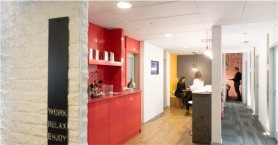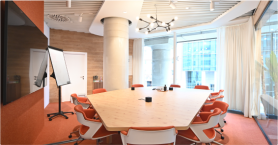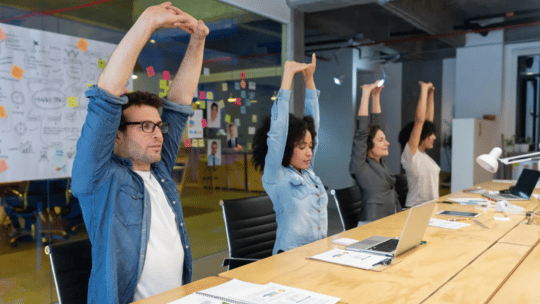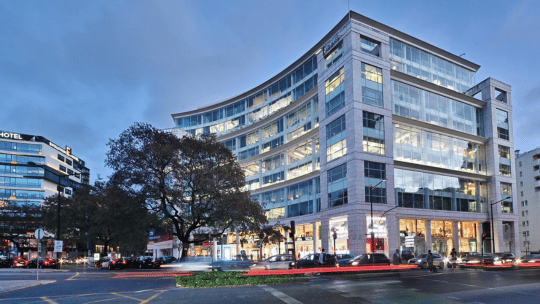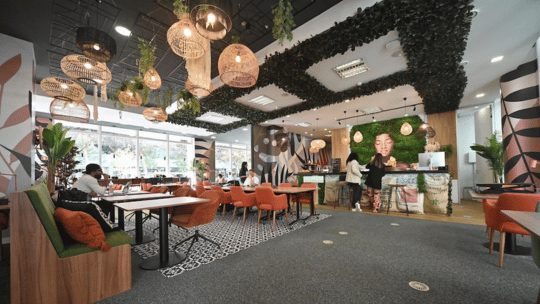 In recent years, the world watched to the emergence of centrifugal forces that have completely changed the way people work in companies, the office traditional concept, and have also putted under pressure the respective IT departments that were faced with new challenges. In recent years, the world watched to the emergence of centrifugal forces that have completely changed the way people work in companies, the office traditional concept, and have also putted under pressure the respective IT departments that were faced with new challenges.Tablets and smartphones outweighed more and more the traditional computers as the main device and mobility has become a keyword. People work increasingly outside their usual work station in a traditional office. It is not by mere chance, for example, that the new Microsoft headquarter in Portugal has no fixes places and there are less work spaces than workers. Examples such as this have been widespread in recent years all over the world. To this reality joins now another global tendency: the massification of the new work models (virtual offices and coworking). Companies of all sizes are increasingly adopting these solutions or using them as a complement to the traditional office providing more flexibility to workers and to organizations themselves. As for technology it keeps up the pace with these new realities that came to stay. From video conference solutions, communications or the office virtualization given by global players, passing by applications to manage in real time the office activity, even at distance, such as the myOffice app, the technology has emphasized even more this path. In this context the office is more and more the place where we are in each moment, whether be in the street, at an airport, or in any other place. If, on the one hand, this mobility and flexibility brought new challenges to the IT departments in terms of new solutions that accommodate this reality, it is pragmatic they foresee the end the office concept the way it has been known for decades. According to a global study from Aruba Networks close to IT departments, the majority considers that the office traditional concept will be obsolete in coming years. The traditional work spaces we all know over the decades will evolve to share work spaces with flexible solutions which may work more as kind of hubs for workers in dislocations than the conventional work spaces. It is certain that there will always be certain functions and tasks which hardly be affected by this “revolution” but the majority is noticing deep changes. Companies have also realized that the adaptation to this new paradigm may become itself a competitive and strategic advantage facing other competitors moving slower in this transition. The future increasingly belongs to the organizations that know how to work in a rational and intelligent way. Carlos Gonçalves Ávila Business Center’s CEO |
Other articles
In today?s competitive job market, attracting top talent is only half the battle. Retaining...
The Re:Space is a project idea that aims to transform underutilized outdoor spaces into...
Avila Spaces has just launched a new initiative that promises to energize the business ecosystem...
Coming back to the office after a vacation can feel like a shock to the system. Let's...
Holidays are meant to be a time of rest, joy, and reconnection?with ourselves, others, and the...
We currently live in a reality where acceleration is a constant. More and more, we seek...
In the modern, fast-paced workplace, productivity often feels like a race against time....
The second edition of Remote Week in Fundão has been confirmed. In 2025, a new group of...
Avila Spaces has been awarded the prestigious ?Cinco Estrelas Regiões Award? in the ?Coworking...
Avila Spaces announces its sponsorship of Pedro ?Figgy? Figueiredo, one of Portugal's most...
After its initial launch aiming to provide information on the Web Summit 2024 and Lisbon's...
Avila Spaces has introduced, in collaboration with Elbo Pte, an open-access virtual assistant,...
